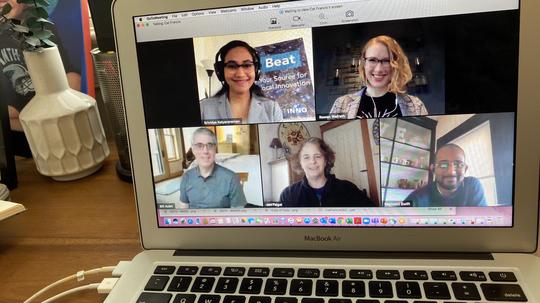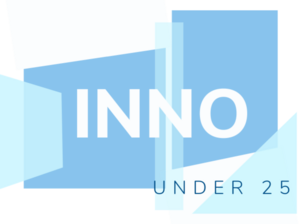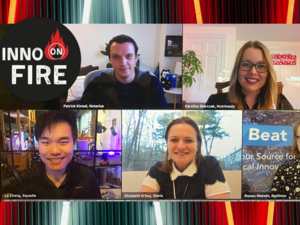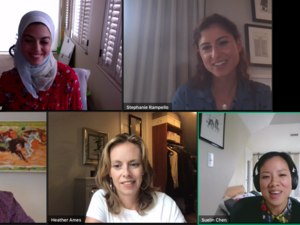
For Bill Aulet, managing director of MIT's Martin Trust Center for Entrepreneurship, it's time to do as Biggie Smalls said and "turn a negative into a positive."
Aulet is a preacher of what he calls anti-fragility, the notion that business going forward will focus not on the nuances of managerial techniques—although those will still be necessary—but on how to cultivate the ability to change, and rapidly.
That's already been a necessity for Boston-area startups. Plenty have pivoted as a direct result of the novel coronavirus.
In BostInno's first virtual State of Innovation, "Pivots in the Age of COVID-19," Aulet, Jen Faigel of Commonwealth Kitchen and Reginald Swift of Rubix Life Sciences joined us to talk about those pivots at their own organizations and beyond. They also made a couple predictions about what we have the opportunity to change in a post-coronavirus world.
Here are some takeaways from our conversation.
Agility is more necessary than ever
Startup founders and employees are nothing if not agile, but the coronavirus' impact on all parts of our lives has made pivoting rapidly a requirement.
For Commonwealth Kitchen, that has meant supporting some of the nonprofit food incubator's less tech-savvy entrepreneurs to get them up and running with websites, social media accounts and presences on platforms like DoorDash and UberEats. In fact, Faigel said, she and her team negotiated with UberEats to get the platform's cut of orders down to 10 percent, rather than the standard 30 percent, for Commonwealth Kitchen restaurants.
Rubix Life Sciences, in the biotech space, had to enact a very different kind of pivot. The startup began working on learning more about COVID-19 around the beginning of the year, before the virus left the Asian continent and spilled over into a global pandemic.
It's time to rethink fundamentals
There was a pre-coronavirus world, and there will—ideally—be a post-coronavirus world, one in which we have the opportunity to change certain systems. That includes the world of business education, the world of food supply chains and the world of infectious disease research, all of which are interconnected.
Founders have to take care of themselves
It's impossible to do business as usual given the sheer psychic weight of a pandemic. All our panelists acknowledged the struggle of pivoting (including the staggering amount of time they've spent on Zoom calls) and shared some ways they've been relieving some of that mental load.
Some also noted that technology is not a cure-all to stay connected during this crisis. Instead, it's about making sure your team is operating efficiently and that your employees are supported.
A million thanks to those of you who joined us! Stay tuned—this may have been our first virtual event, but it certainly won't be our last.
Something came up and you weren't able to make it? Check out the entire panel discussion here. We experienced a few technical difficulties, so please fast-forward to the 17-minute mark for the event to start.








